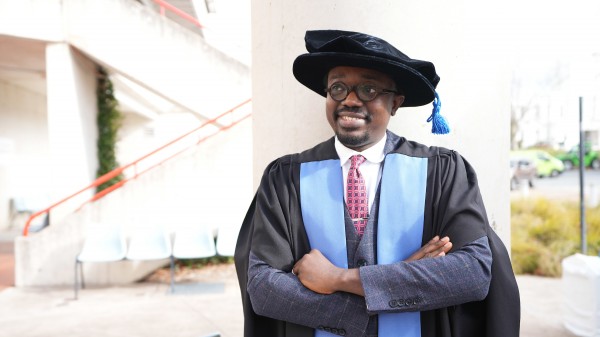The brain is the biological substrate that gives rise to and regulates our behaviour, thoughts and feelings. Over more than a century the discipline of neuroscience has yielded many important insights into the mechanisms that underlie the functioning of individual neurons and the complex networks that form in the brain. At the same time, experimental psychology has illuminated the mental processes that support a range of simple and complex behaviours, from how we perceive a face or understand spoken language, to how we process and weigh evidence when making decisions. Despite these significant advances, we still don’t really understand how activity in neurons and brain networks actually generates mental states and behaviours. Is there a single “code” that is used by the brain to generate the rich and varied thoughts, feelings and actions we observe in the laboratory and in everyday life? If so, what is the code and how might it be measured? Answers to these questions have many important implications, from understanding disorders of the brain and behaviour, to the development of artificial intelligence systems and neural prosthetics.
About the speaker
Professor Jason Mattingley is Foundation Chair in Cognitive Neuroscience at The University of Queensland, where he holds joint appointments with the Queensland Brain Institute and School of Psychology. His research is directed toward understanding the brain processes that support a range of cognitive functions, including sensory perception, attention, learning, memory and decision-making, in health and disease. Professor Mattingley was an ARC Australian Laureate Fellow (2012-2017), and is currently Associate Director of the ARC Centre of Excellence for Integrative Brain Function. He is a Fellow of a number of learned societies, including the Academy of Social Sciences in Australia, the Association for Psychological Science, and the Canadian Institute for Advanced Research. In 2012 he was awarded the APS Distinguished Contribution to Psychological Science Award.










